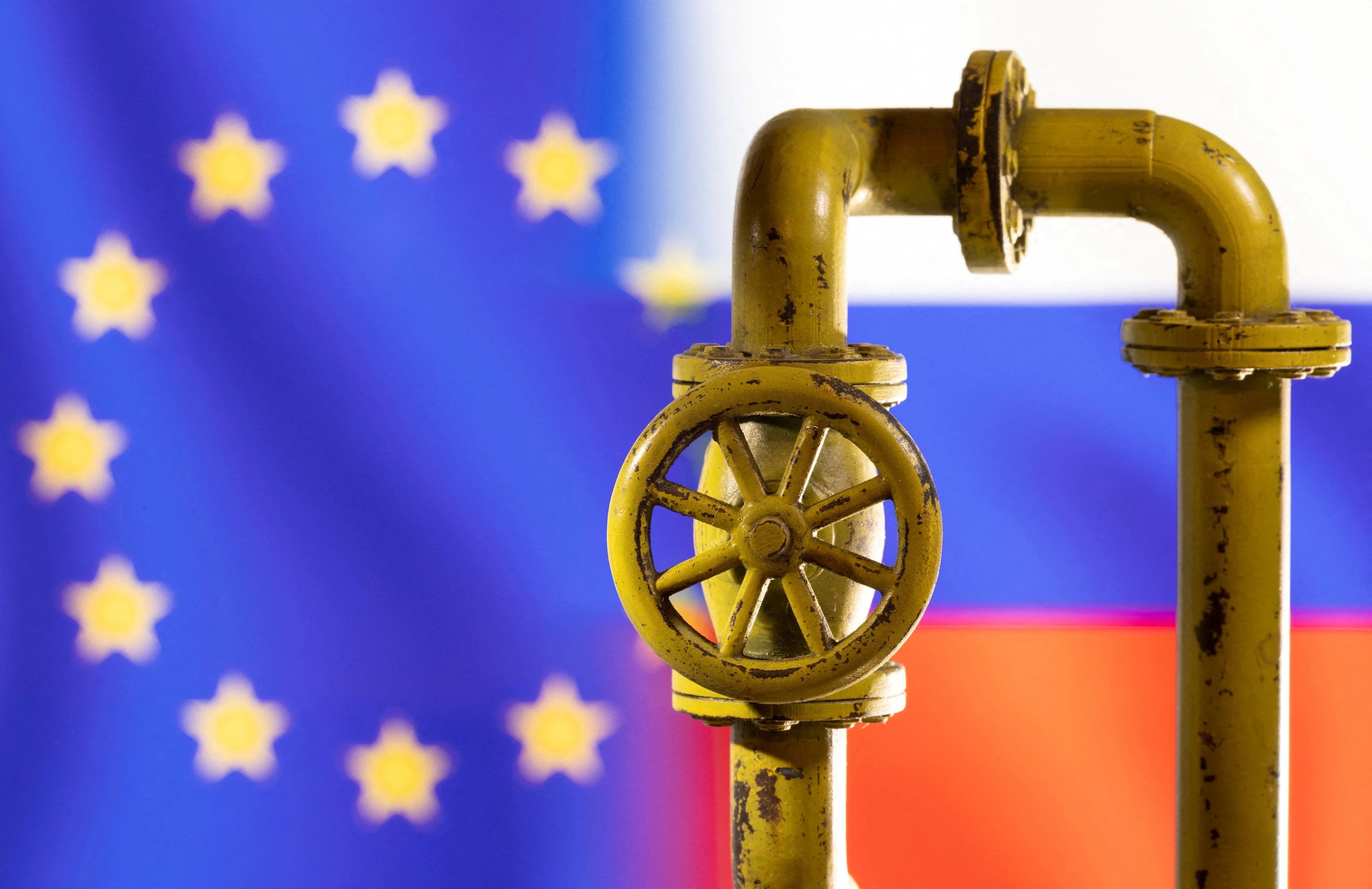
Russia halts Nord Stream 1 gas supply to Europe again ‘due to maintenance’
Posted 01/09/2022 09:47
State-owned Russian gas company Gazprom has again shut off the Nord Stream 1 pipeline that supplies Europe with gas due to maintenance.
Nord Stream 1 has been running at reduced capacity following a ten-day shutdown in July and in the past month, the flow was at approximately 20% of normal capacity.
Gazprom has now announced that the gas pipeline will be closed for maintenance from today, 31 August, to Friday, 2 September.
According to Martin Hansen, deputy director of the Danish Energy Agency, the energy situation is very serious in Denmark and the rest of Europe, not just in terms of gas supply, but the entire energy system is under pressure.
Regardless of whether the gas supplied by Nord Stream 1 continues flowing again or not, the energy situation must be taken very seriously, the Danish Energy Agency stated.
“We have had a hot summer in Europe, which has had a negative impact on the electricity supply. When we combine the consequences of Russia’s invasion of Ukraine with the dried-up rivers and low water levels in reservoirs used for hydropower, we risk looking into a serious situation for security of supply,” Hansen said.
“We must therefore prepare for a winter where everyone must save energy where we can, so that we help each other as best as possible through the heating season.”
Nord Stream directly connects Russia’s gas reserves with energy markets in the European Union.
The project’s two 1,224-kilometer pipelines run from Vyborg, Russia, to Lubmin near Greifswald, Germany, through the Baltic Sea. The route crosses the Exclusive Economic Zones (EEZ) of Russia, Finland, Sweden, Denmark and Germany, as well as the territorial waters of Russia, Denmark, and Germany.
Transportation of gas through Line 1 began in mid-November 2011, while the second line began transporting gas in October 2012.
Combined, the twin pipelines have the capacity to transport a combined total of 55 billion cubic meters (bcm) of gas per year to the EU for at least 50 years.







